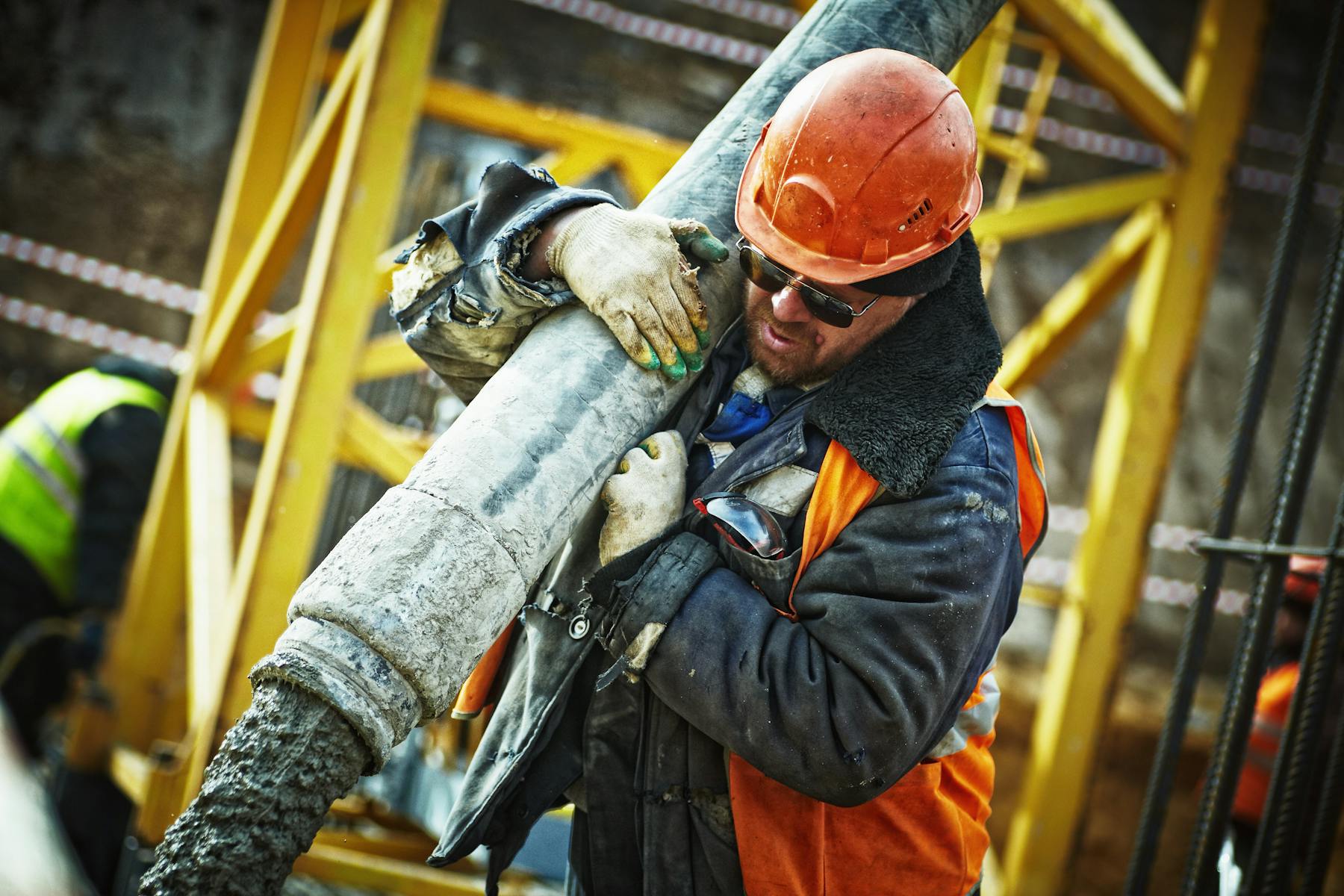Hundreds of construction workers are injured in workplace accidents each year in Florida and around the country, and thousands more develop work-related illnesses after being exposed to dust or toxic materials during renovation, repair or demolition projects. The Occupational Safety and Health Administration has strict standards that limit the amount of lead, asbestos and hazardous air pollutants construction workers can be exposed to, but complying with these regulations is not always easy. This is especially true when older buildings are being refurbished or demolished.
The National Institute for Occupational Safety and Health conducts frequent health hazard evaluations at building projects to identify these risks, and the agency has released a list of recommendations that are designed to help general contractors and construction companies meet indoor environmental quality standards. The recommendations urge employers to anticipate potential hazards, communicate the risks to workers and supervisors, and conduct regular air quality checks.
Exposure to airborne hazards on construction projects can cause a wide range of debilitating health issues ranging from fatigue, dizziness and sinus problems to irritation of the throat, nose and eyes. Prolonged exposure to dampness and mold have been linked to respiratory conditions like asthma, and particularly toxic substances like asbestos are known to cause deadly cancers. Many of these substances were used widely in the construction industry before doctors identified the dangers they pose.
Workers who become ill after being exposed to toxic substances while on the job are usually entitled to workers’ compensation benefits, but their applications may be challenged by employers worried about other workers filing claims. Attorneys with experience in cases involving occupational diseases could represent sick workers during workers’ compensation hearings when their claims are challenged or workers’ compensation appeals when their claims are denied. Attorneys could also assist workers with their applications and help them to gather medical evidence to support their claims.



